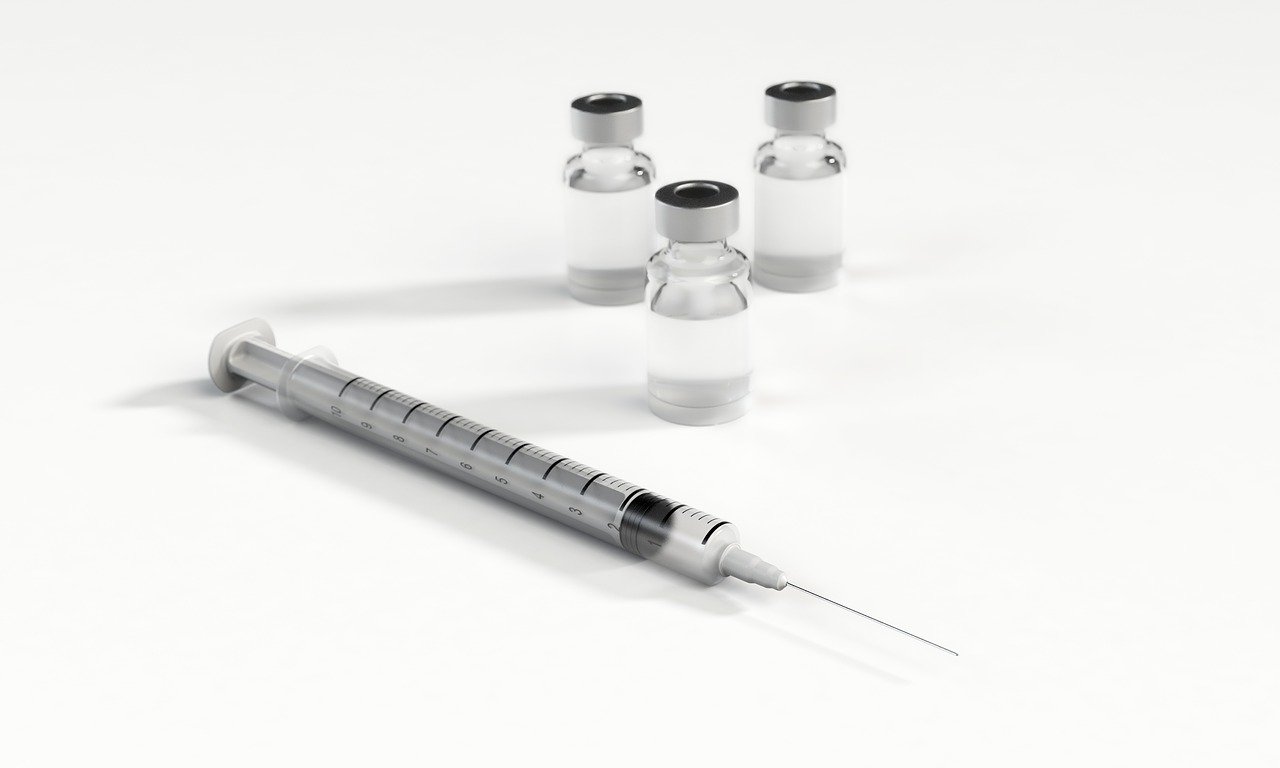Previously, the Japanese government said it would strive to achieve the goal of half of the population being vaccinated with two doses before the start of the Tokyo Olympic Games at the end of July.
However, at present, Japan still has many problems in mass vaccination.
On February 17, Japan officially launched the vaccination of COVID-19.
Asahi Shimbun reported on the same day that Japan was the last country in the Group of Seven to be vaccinated against COVID-19, two months late, but still seemed to be underprepared.
The first is the syringe problem. According to Japanese media, because the Japanese government had previously prepared ordinary syringes for vaccination, a bottle of Pfizer’s coronavirus vaccine can only take five doses.
Pfizer recommends the use of special low-dead syringes, which can be extracted and inoculated with 6 doses per bottle. Only one company in Japan can produce this kind of syringe.
Jun Ichimiya, director of Niplo’s planned development technology division: It takes four to five months to prepare, and it takes one to two months to make syringes.
It will not be possible to multiply produce until October.
Ultra-cryogenic vaccine management faces challenges
According to the Daily Industry News, Pfizer vaccine must be stored at ultra-low temperatures of about minus 75 degrees Celsius, requiring a large amount of ultra-cold freezers and dry ice.
However, there are many challenges in increasing dry ice production. For example, the diversion of raw materials from carbonated beverage manufacturers and express delivery industries, and spherical granular dry ice requires special machine production.
In view of the short period of dry ice to ensure the storage of vaccines, in order to avoid the expiration of vaccines when they arrive at the vaccination site, the Japanese government intends to transport 3,370 ultra-cryogenic refrigerators to medical institutions by the end of March and ensure the supply of 10,000 ultra-cryogenic refrigerators by the summer.
The people are not willing to be vaccinated.
Another problem in Japan’s vaccine promotion is that the people are not willing to vaccinate. According to a Kyodo poll, only about 36% of the respondents said they would like to be vaccinated.
Reuters revealed that Japan wants to achieve the goal of vaccinated half of the population with two doses before the Tokyo Olympic Games open on July 23.
But the plan is made by the central government and the specific implementation is the local government. In the face of struggling with the coronavirus epidemic, vaccination will become a new burden.



